Have you ever caught yourself defending something you said even though you weren’t exactly right? Have you ever caught yourself putting off work while reassuring yourself that ‘you’ll have time later’, or that ‘it isn’t important anyways’? Have you ever tried to rationalize a poor decision, like being late to school or getting a bad grade? The discomfort in each of these scenarios is a result of cognitive dissonance.
Psychology explains cognitive dissonance as the inner conflict that arises when we hold two contradictory beliefs or when our actions contradict our beliefs. This phenomenon often leads to a sense of unease or tension as our mind grapples with the inconsistency.
Imagine you have an important test coming up; you’re fully aware that you need to study, but it is the last thing you can do. When you sit down with your books, you find yourself drawn to your phone, mindlessly scrolling through social media feeds. This conflict between knowing you should study and succumbing to the temptation of your phone creates the knots in your stomach and discomfort of stress, we know as cognitive dissonance.
The phenomenon isn’t limited to academic dilemmas though, it can manifest in various aspects of our lives, from personal relationships to career choices. For instance, you might justify staying at a job you dislike because it pays well, despite wanting a better work-life balance.
So, why do we experience cognitive dissonance, and how do we resolve it? Psychologists suggest that we are driven by a desire for internal consistency, in other words: homeostasis. When faced with cognitive dissonance, we seek to restore harmony by either changing our beliefs, justifying our actions, or avoiding situations that trigger the conflict altogether.
Next time you find yourself justifying a decision that goes against your better judgment, take a moment to reflect on this phenomenon. Recognizing cognitive dissonance can empower you to make more mindful choices and navigate the human psyche with greater understanding.

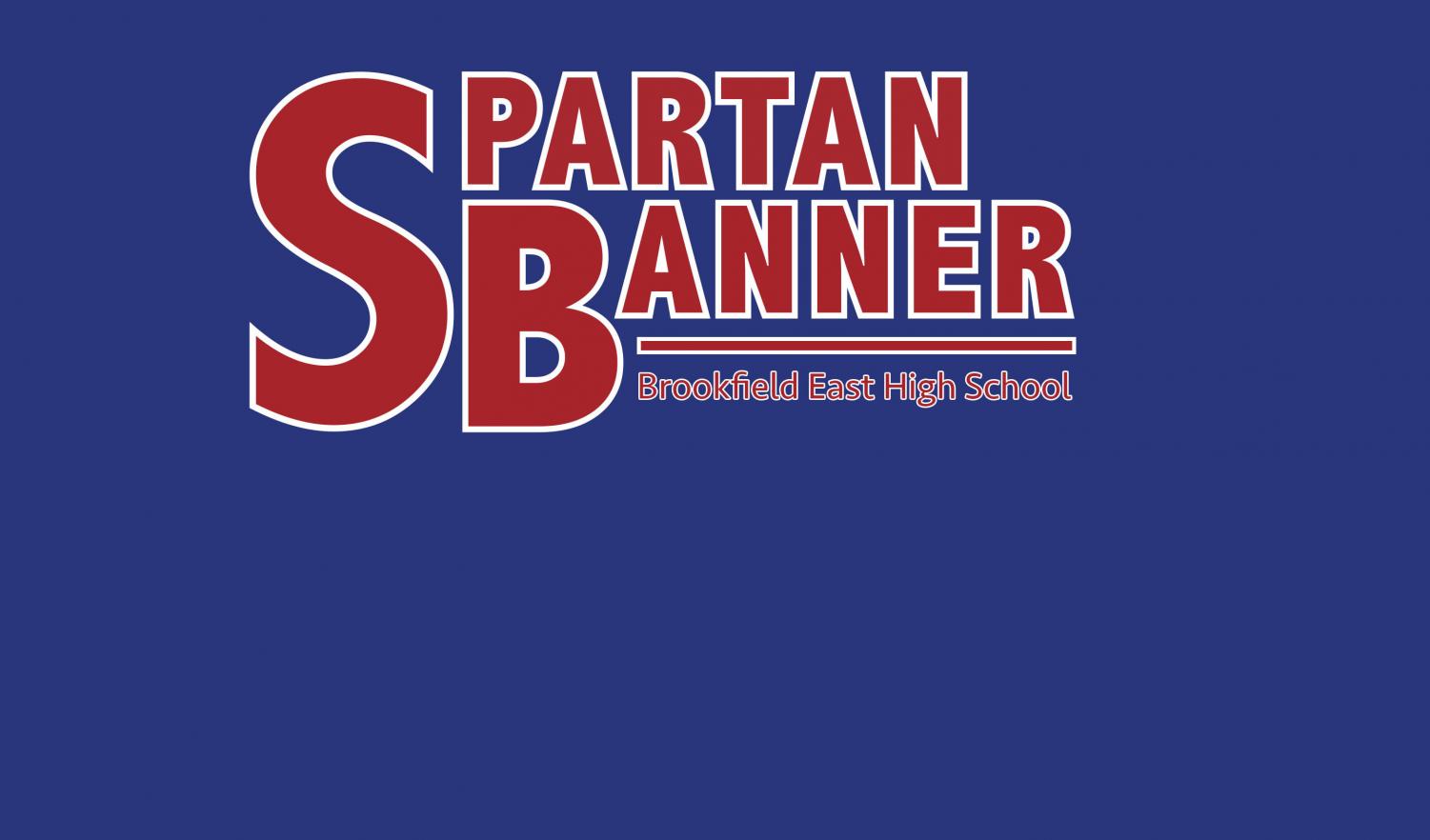

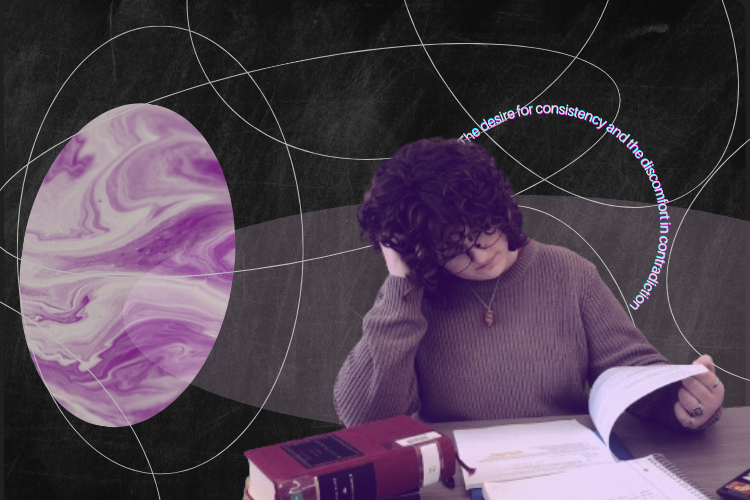
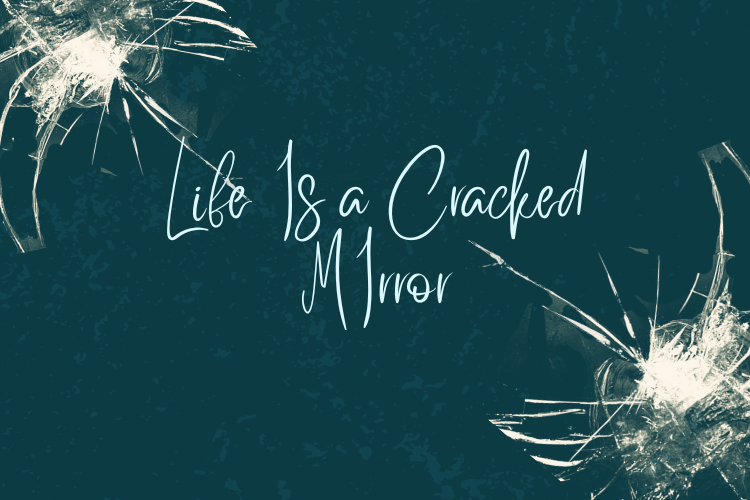
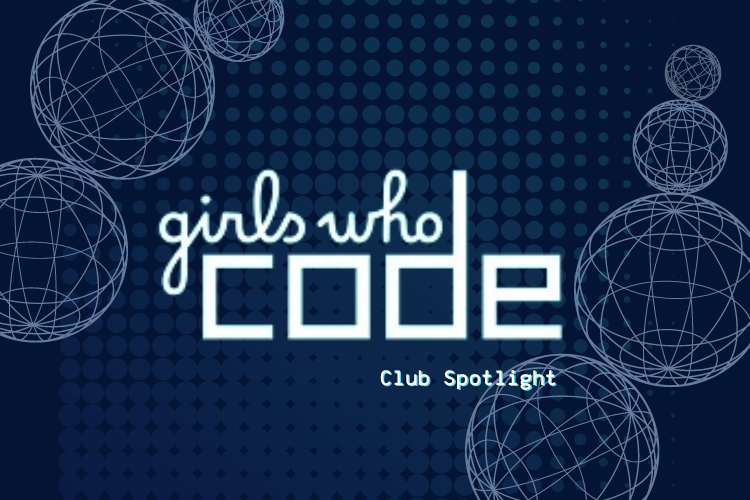
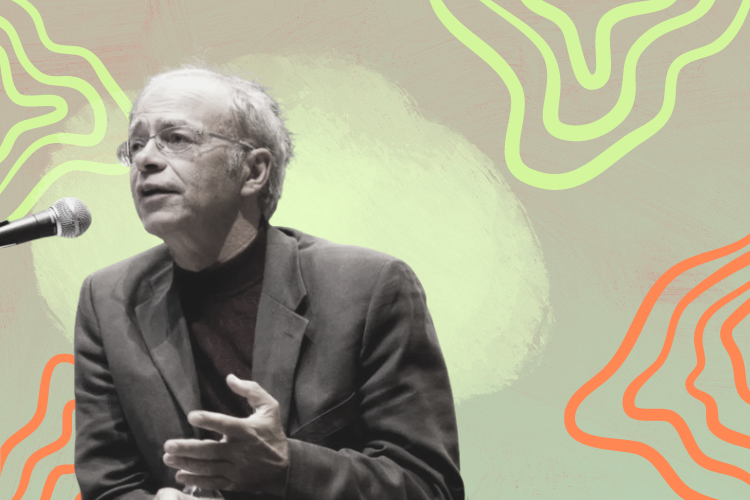
Angela Plantiko • Mar 21, 2024 at 6:59 pm
I think this article was very informative and talked about something we all need to be aware of. Healthy mind/emotion balance, being in control and finding gratitude with ourselves when the choice we make is fulfilling.